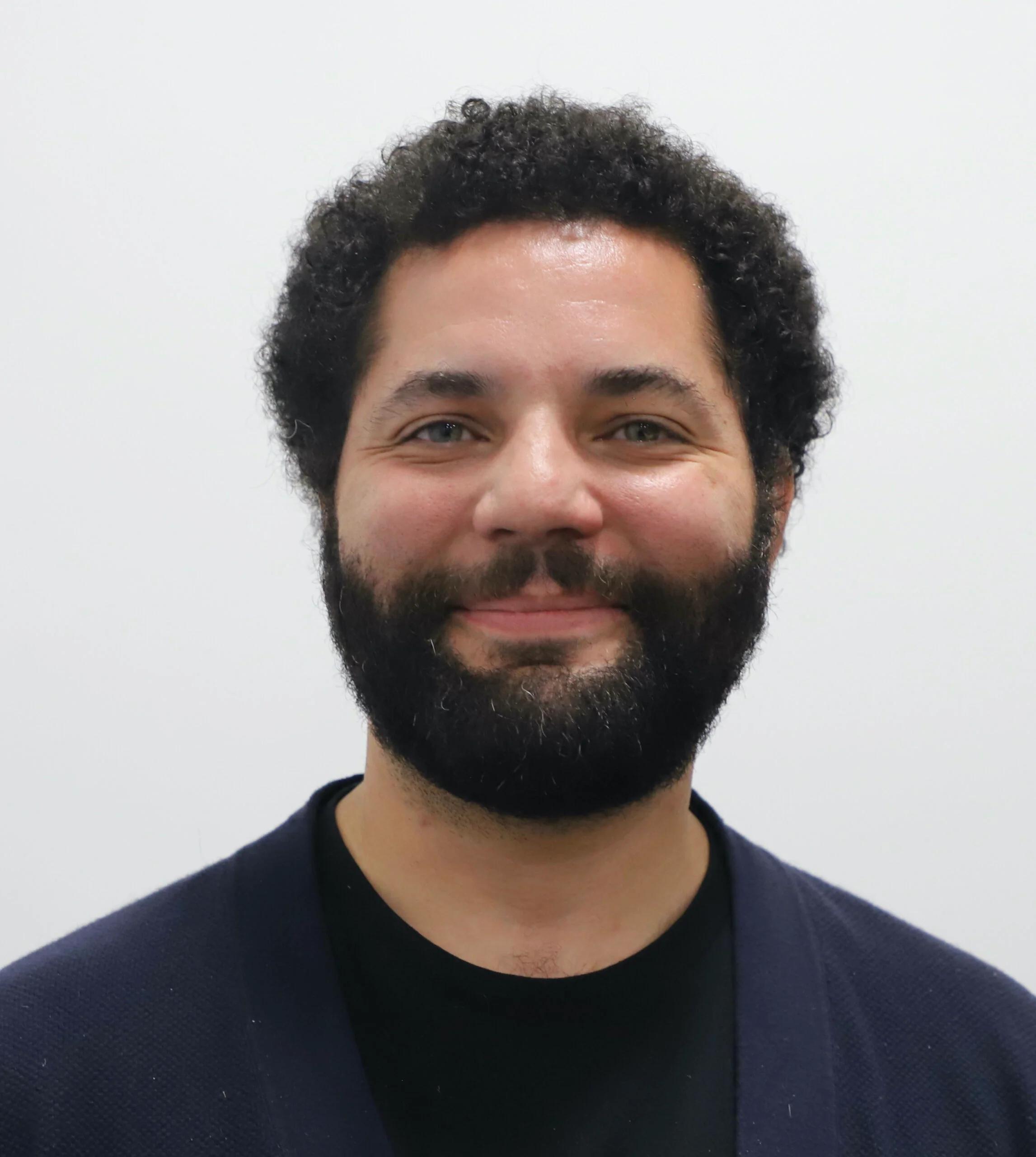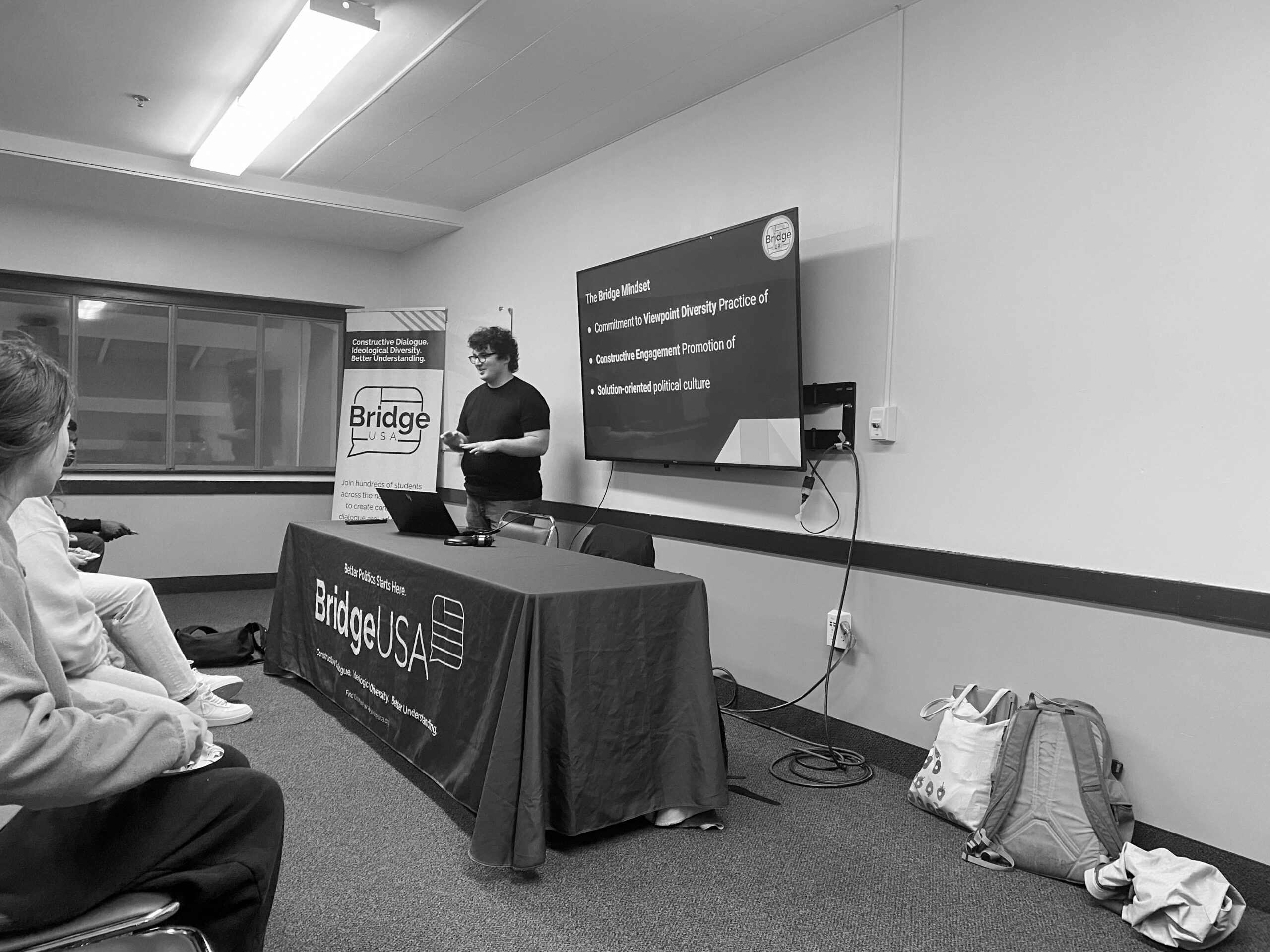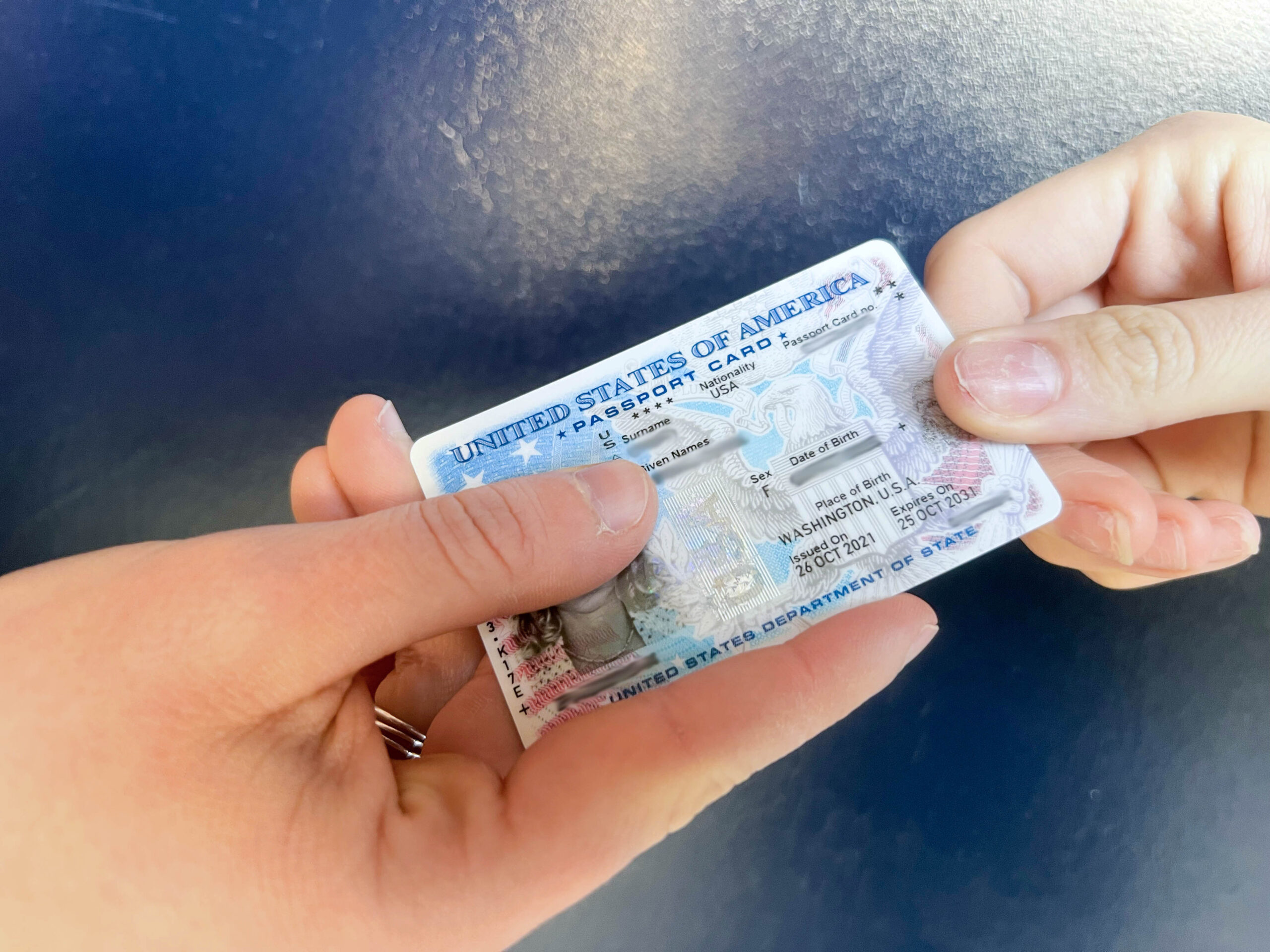In September, University of Rhode Island professor Skip Mark participated in the Geneva Human Rights Platform, a worldwide conference focused on the monitoring of human rights.
Mark, an assistant professor in the political science department and also the director of the Center for Nonviolence and Peace Studies, has been researching human rights at URI since 2018. Some of his research includes working on the CIRIGHTS dataset, the largest human rights dataset in the world.
The Geneva Human Rights Platform is a forum for human rights to be examined and evaluated by experts from around the world, according to Mark. At this year’s event, there were representatives from the United Nations, various government officials, non-governmental organizations and researchers. This year, the Platform was focused on bringing academic perspectives to human rights, including through Mark.
“Human rights is one of the fields where we have spent decades figuring out what those problems are,” Mark said. “We can figure out where we should be more confident and where we should be less confident. My hope and the hope of some of the other scholars who went was to bring some of the insights that we’ve learned in academia and to these policy discussions.”
The expert roundtable took place over two days from Sept. 14-15. The topics varied from web accessibility, coordination of data collection, partnerships, A.I. and more, according to Mark. The CIRIGHTS dataset is one of many similar datasets that monitor global human rights, and a large focus of the GHRP was to see the interoperability of the different systems.
“Can these tools talk to each other?” Mark asked. “Should we be working together? What are the challenges and benefits of doing that?”
Mark explained that some of his biggest takeaways from his experience in Geneva were the differences in perspectives across the participants.
“It was really interesting to have conversations with all of the different participants,” Mark said. “It kind of matched what I teach in my classes, which is that every group has their own bias and interest and are driven by different things.”
Different people will participate in or express interest in studying human rights differently based on their background or organization, according to Mark.
From his time in Geneva and at the GHRP, Mark plans to continue to update the CIRIGHTS dataset to make it more accessible in conjunction with the Center for Nonviolence and Peace Studies. These updates include making the CIRIGHTS dataset prominent on the Center’s website, improving language capabilities and web reader improvements.
Thupten Tendhar, a specialist at the Center, explained that one of the main goals of the Center is to promote the education of human rights.
“The Center is a great platform and one of its focuses is to improve human rights issues and wherever there is lagging we focus on that so that people know what their shortcoming is and then how to improve it,” Tendhar said.
The Center contributes to the CIRIGHTS data collection process through undergraduate and graduate students, according to Tendhar. The Sylvia/Chandley professorship gift made in 2008 continues to support the Center and its goals.
“We hope that we could get continuous support so that we can continue to run this project, which will be very beneficial, not only for our state and nation, but also beyond our borders,” Tendhar said.
Mark argues that studying human rights is more vital than ever. More governments are delegitimizing human rights worldwide and inequality is rising.
“I think everyone should at least know what their human rights are,” Mark said. “I think once people know what their rights are and actually see objectively how many of them are being violated, they’re more likely to speak up and ask for improvements.”
The Center is planning to share new findings at a presentation in December to educate the community about the state of human rights worldwide today. More information can be found on the Center and CIRIGHTS websites.




